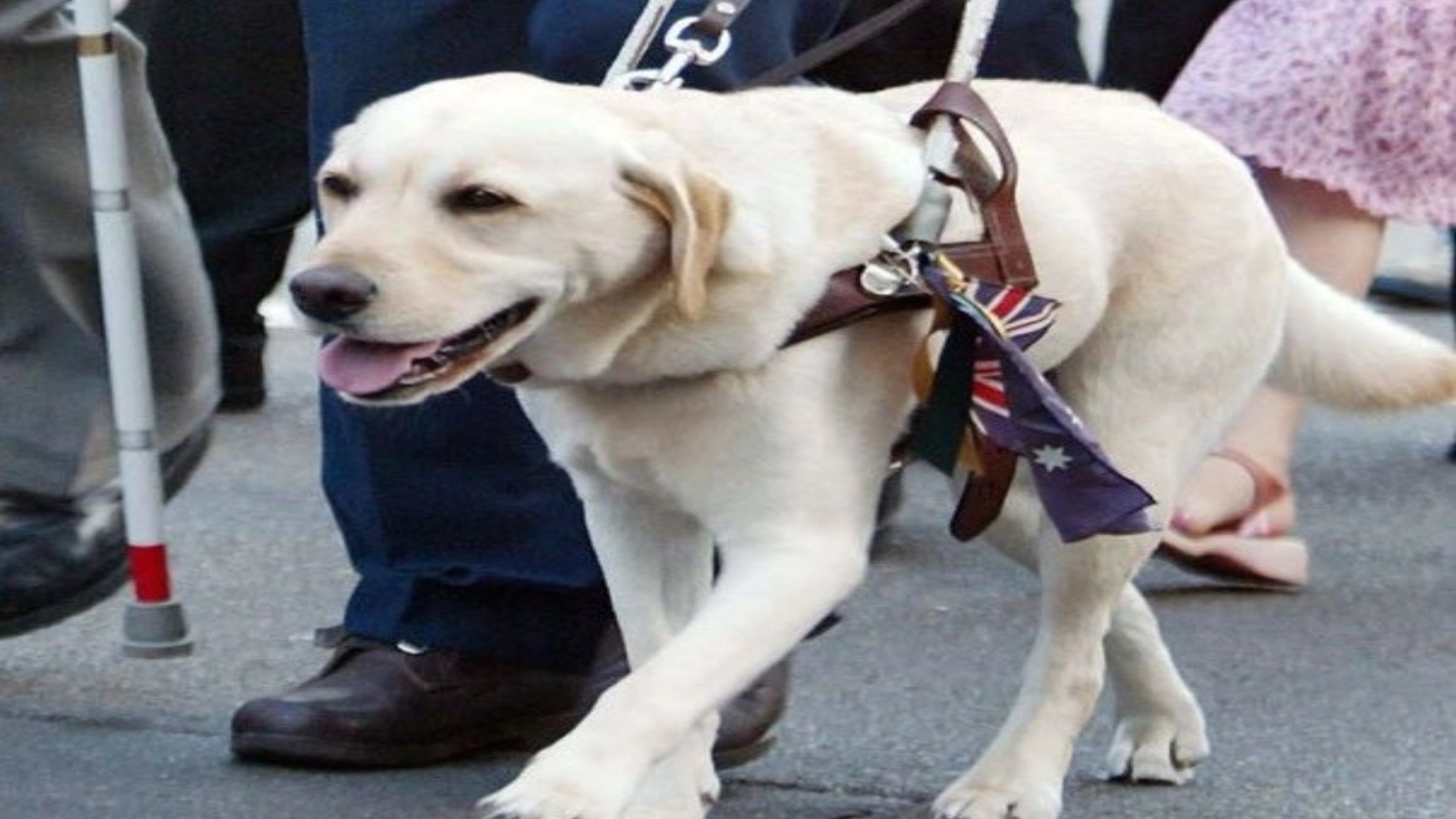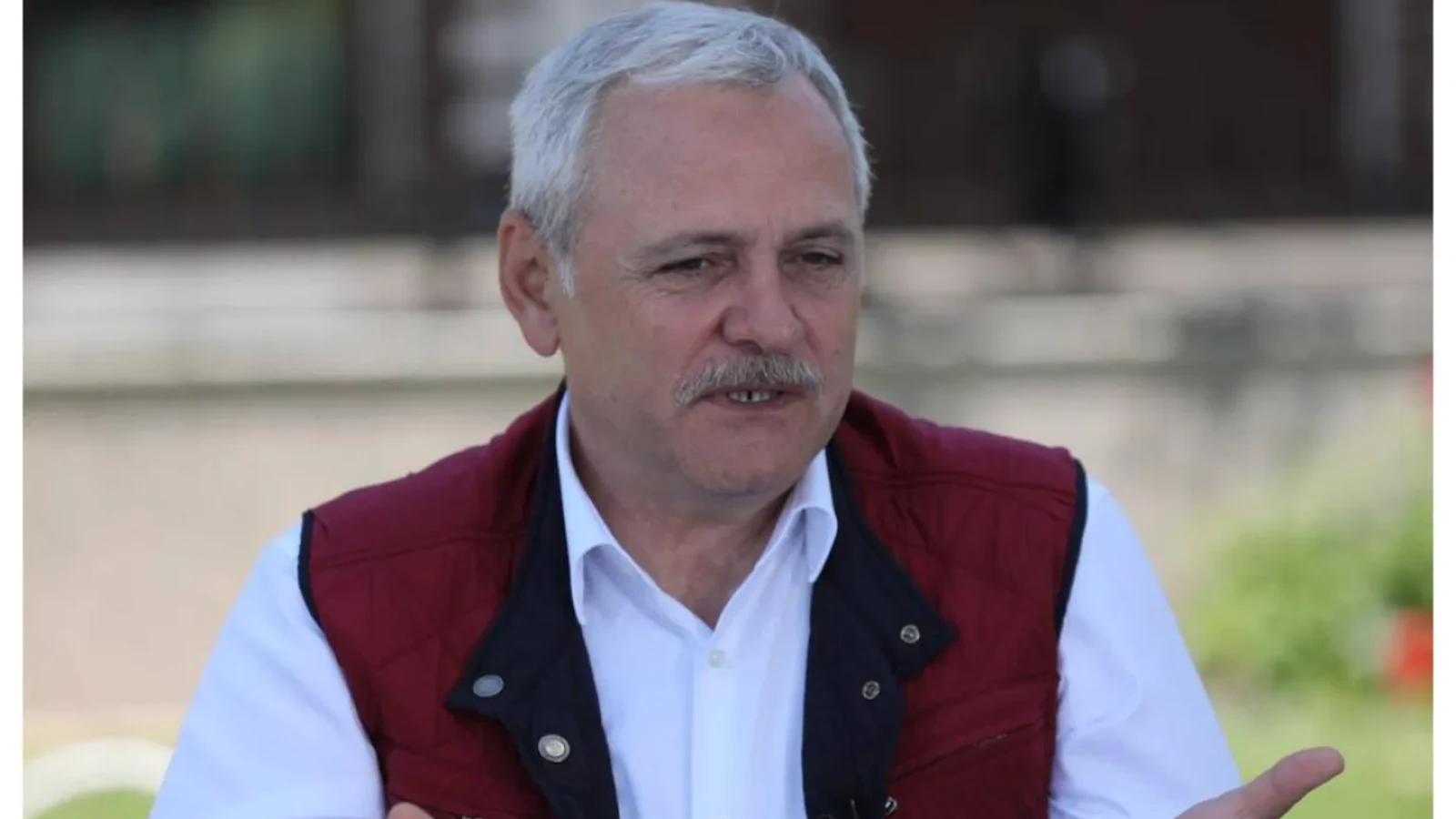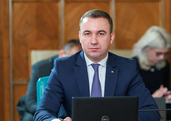About 100 blind people in Romania would like to receive a guide dog to help them become independent, but this is almost impossible due to high costs and lack of funding.
With an experience of 25 years in the field, the trainer Zoltan Szabo, from the association Angel Dog Satu Mare (north-west), is one of the few specialists in the country. He has so far taught 10 guide dogs, free of charge, to blind people in the country. He still has a lot of requests, but at the moment he doesn't have any dogs in preparation.
"It is very difficult, because we are a small organization, we live on sponsorships, donations. Unfortunately, there are no funding lines for training guide dogs. For example, in other countries, large organizations that train dogs have their own kennel. We do not, we have two females, but it's difficult," Zoltan Szabo declared for AGERPRES.
The process of training guide dogs lasts two years and requires several hours of daily training. Not all selected puppies meet the criteria, so many are eliminated from the program along the way.
"Training dogs has several stages. The first time is socialization, interaction with the dogs in a controlled way, to be used to the leash, means of transport where there are many stimuli, shops, traffic, animals, cats. Medical tests are done, such as elbow dysplasia, at one year, and if everything is normal, we continue. The training of a therapy dog or guide dog lasts until the age of two. In the case of the therapy dog, it goes to a center, to a therapist, who use," said the trainer.
Although there are costs associated with the purchase and breeding of dogs, they are offered free of charge to the blind.
"The dogs given to the blind, offered free of charge, help them a lot, because they have managed to become totally independent. Those young people who have received dogs are at university or have a job and manage on their own. They stay with the dog, they move with the dog. It would be nice to be a business. How can a blind person pay 10 - 12 - 20,000 euros for a guide dog? Let's say 10,000 euros, which would be at our organization. Possibly from three to four working dogs leave one and all the investment is gone. That's why it's that amount. But as you go west, the price goes up. I even heard an amount from 10 years ago in the UK where it was 70,000 euros a dog. In Germany, France was around 30,000. It is possible that as the prices of everything increase, they will increase. In Hungary at one time the state subsidized part of the expenses, it was a help," said Zoli.
It should also be taken into account that the animal has a limited life and can be used for a maximum of 8-10 years. In the first two years it is in preparation, and when it gets old, it can become a danger for the blind.
"We offered that if these dogs can no longer work, we will take them back, find them a family where they can live happily for the last years, but the blind can hardly part with them and are looking for solutions to stay with them. The next generation is needed. The number of people requesting guide dogs is increasing. If we had sufficient funding, it would be a matter of time to train dogs. We also need to train new specialists. One trainer can train four to five dogs, maximum. These dogs have to be taken out into the city, they have to be kept in the apartment to get used to certain rules, you have to go by means of transport, daily, systematically, teach them the rules of guiding. It's difficult," Zoltan Szabo pointed out.
One issue is that the Romanian state has not yet regulated the training and use of dogs, the legislation being very general. Thus, the "graduate" dog receives a certificate from the association, without the need for recognition from any institution.
"In Romania, neither the training nor the use of therapy dogs and guide dogs is regulated. Under the pressure of the European Union, each member state must standardize its every activity. In Romania there is a non-profit association that does standardization, we had several meetings in Bucharest. The legislation in force regarding guide dogs is very general. It says that guide dogs for the blind have free and free access on any means of transport and in public institutions. In other countries it is much better regulated, in the sense that they have access everywhere where a man has access," explained the trainer.
Blind people often have problems with the access of dogs to some shops or means of transport and most of the time it's all down to mutual understanding.
In addition to guide dogs, Angel Dog also prepares therapy dogs. Beneficiaries of a center with children with various health problems go to the association's headquarters and spend time with the dogs.
"Dog-assisted therapy means an activity for children with disabilities, for people with problems such as anxiety, emotional. In collaboration with a therapist, we establish certain activities to solve developmental, memory, locomotor problems. I come, I sit with the dogs, interact, it means responsibility, how to take care of a dog, how can I control a dog and for emotional support. We have requests, parents come who have a child diagnosed with different problems, autism for example, they are looking for a dog to have at home, which is very ok, but that is not necessarily a therapy dog, but a family dog, because therapy activities involve certain exercises, a controlled process. The therapy exam is quite rigorous, quite severe. for example, it is an exercise where he is challenged and is not allowed to have any kind of reaction. If he growls or barks, he has failed the exam. An autistic child, for example, can have unpredictable reactions, purely and simply, even out of love, he grabs his ear or tail and that dog protects himself and staples him and can traumatize the child, because he won't understand. If you are an experienced therapist, you prevent such situations. And the dog can be unpredictable, from a caress, to catch him and pull him with all his strength," said Zoltan Szabo.
The Angel Dog Association can be supported with sponsorships from companies and from the donation from the income tax of natural persons.































Comentează